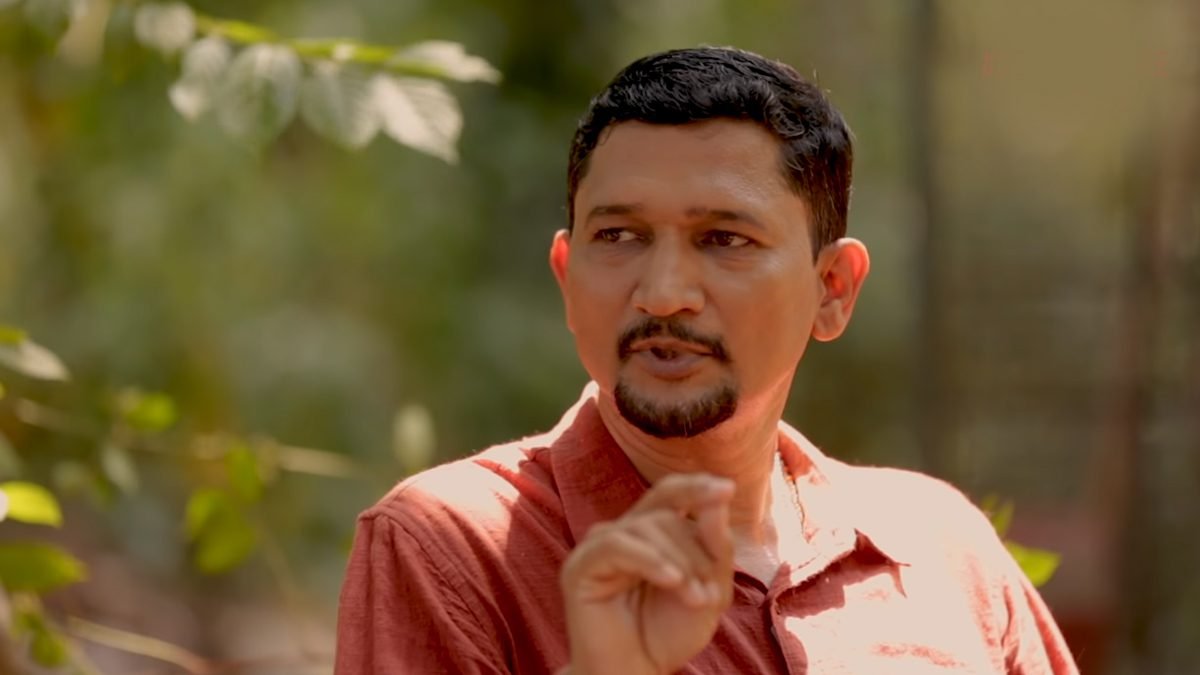Ajit Gokhale found a way of reviving greywater and turning it into drinkable water. A childhood visit to his grandmother’s house and a visit to the Kulaba fort in 1996 gave him the idea of cleaning greywater. After doing his Ph.D. in Plant Physiology, Gokhale joined Ion Exchange India Limited. He was associated with the company after doing a brief teaching stint for 3.5 years. Ajit learned a great many techniques of water purification and treatment.
GS Ranganathan, the then chairman of the company, directed Ajit to research on developing a wastewater treatment system based on floating. Guided from this, he developed an artificial wetland reed-bed using hygroscopic plants to treat greywater, pollutants from sewage, and industrial effluent. This method is successful because it does not require electricity, costly equipment, workforce, or maintenance.
A part of my job involved traveling across India to install the water treatment devices. It was disturbing to see regions drying up, people falling sick from consuming the polluted groundwater. It was like we are sitting on a water time bomb. Instead of microbes, which caused dysentery, arsenic was coming out from bore wells, and that caused cancer. I had to put my knowledge to use and develop a solution, and the simplest natural solution was to harvest rainwater – Ajit Gokhale
The reed bed system can be installed anywhere, and it can treat water from as low as 500 per liter to 15,00,000 liters or even more. Using the same system, Ajit has been able to work successfully in Dhikoli village, Baghpat district of Uttar Pradesh. Over time, with the usage of chemicals, fertilizers and so on, the groundwater had been contaminated, and the ponds which were once a source of drinking water turned into domestic wastewater in 2013.
A New Delhi-based NGO—Development Centre for Alternative Policies in cooperation with Ajit and financial help from Bharat Petroleum Corporation Limited, implemented the reed bed system. Two newly made ponds were created. The reed bed was constructed near the ponds, and a 650-feet long channel (8 feet deep and 10 feet wide) was built inorder to transport and treat the sewage water from the drain to the newly-built ponds.
Four thousand five hundred saplings of water cleaning plants like alocasia, crinum, canna, colocasia were planted on the reed bed. The project cost around 20 lakh and around 109 lakh liters of wastewater are treated, purified, and sent to the ponds.
Ajit is helping the government and private corporations with his skills. JSW Power in Ratnagiri near Mumbai (275 KLD [Kilolitres Per Day]), Jindal Sports Academy in Bellary (100 KLD), JSW township in Vidyanagar (over 1500 KLD), Army Public School in Beas (120 KLD), Symbiosis International University HillSide Campus (600 KLD) and others are using Ajit’s water recycling system.
He also installed RWH structures at Naigaon Police Headquarters, and Maharashtra Police Training Centres in collaboration with the Centre for Environmental Research & Education (CERE).
